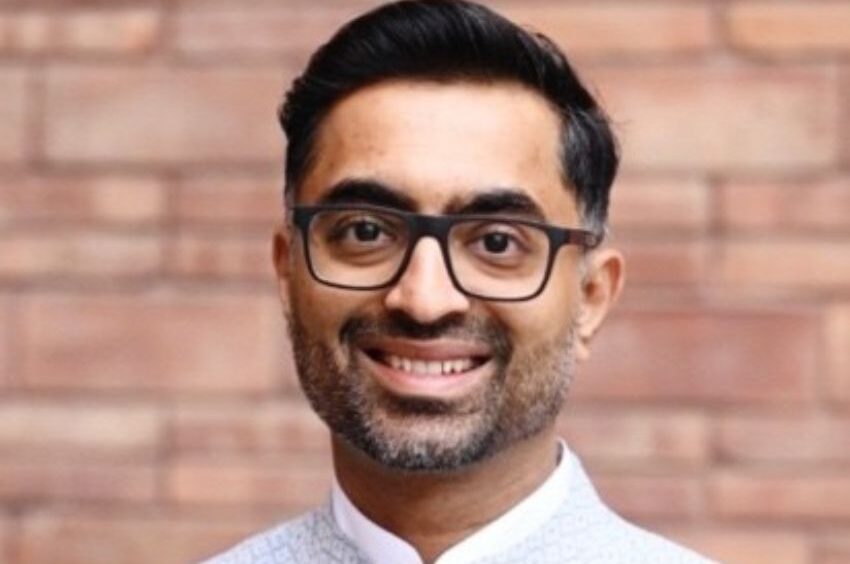“Nothing Is Sustainable Till Everything Is Sustainable”: Flipkart’s Nishant Gupta On EVs, Zero Waste And Green Power

Operating at a 96 per cent+ diversion rate by reusing, recycling or reforming materials, flipkart’s eight more facilities have secured TRUE Zero Waste certification from GBCI, says Nishant
Flipkart is accelerating its sustainability roadmap across logistics, energy and waste systems, with a sharp focus on electrifying last-mile deliveries, scaling renewable energy and deepening circularity across operations. “Nothing is sustainable till everything is sustainable,” says Nishant Gupta, Head of Sustainability at Flipkart Group, noting that sustainability is now the foundation of how the company evaluates every workstream.
EV Push To Cut Transport Emissions
Transportation remains the largest source of emissions for any national e-commerce supply chain, Gupta said, adding that Flipkart’s biggest decarbonisation lever is shifting its last-mile fleet to electric mobility. The company has committed to the global EV100 pledge with Climate Group, targeting 100 per cent electric last-mile deliveries by 2030.
Gupta said Flipkart recently crossed 20,000 electric vehicles in its last-mile fleet. While the percentage share fluctuates due to daily operational variations, he emphasised that the focus is on scaling the absolute number.
The transition is also reducing operating costs for delivery partners. “Electricity is obviously cheaper than fuel, and that significantly lowers their operational expenses,” he said.
Flipkart is running extensive on-ground engagements with delivery partners and OEMs, conducting roadshows at hubs where vehicle manufacturers, financiers and fleet operators come together. A survey of 5,500 delivery partners showed 44% are keen to switch to EVs, Gupta noted. Access to affordable credit remains a barrier, and Flipkart is working with financiers to simplify down-payments and introduce suitable loan structures.
The company is also working with charging-infrastructure providers such as Yuma to map its last-mile footprint and identify locations where charging stations can be viably deployed.
Renewable Energy Transition Across Operations
Flipkart has also committed to source 100 per cent of its electricity from renewable energy by 2030. Gupta said both Flipkart and Myntra’s corporate offices are already running entirely on green power through open-access procurement.
The company has deployed around 30 MW of rooftop solar capacity and plans to expand further. While he did not share the overall percentage of renewable energy powering operations today, Gupta said the transition remains a key pillar of the 2030 roadmap.
12 TRUE Zero-Waste Facilities Now Operational
Waste reduction and resource efficiency form Flipkart’s third sustainability bucket, guided by the principle of zero waste. Gupta said the company is releasing new data this week: eight more facilities have secured TRUE Zero Waste certification from GBCI, taking the total to 12 sites.
These facilities now divert 21,500 tonne of waste away from landfills, operating at a 96 per cent+ diversion rate by reusing, recycling or reforming materials. Packaging is a major focus area. Flipkart’s paper waste from warehouses is pulped and converted back into cartons, enabling a 100 per cent circular recycled-paper system.
On plastics, Flipkart has doubled the recycled content in its plastic packaging—from 20% to 40%—as it aims to reduce use of virgin plastic.
Pilots To Extend Product Life
While post-consumer waste tracking is difficult due to varying disposal behaviour and municipal handling, Flipkart is experimenting with new circular models. Its Flipkart Reset business allows customers to return used electronics—such as laptops—for refurbishment and resale.
The company has also launched a jeans take-back pilot in Bengaluru. “We are very anxious to see how it scales, but very hopeful,” Gupta said, adding that the pilot will help Flipkart learn consumer behaviour and product return patterns before expansion.
With over 500 million registered users on the platform, Gupta said the largest long-term impact will come from influencing consumer choices. Flipkart Green, the company’s sustainable-product storefront, highlights verified eco-friendly products—organic, recycled or certified—allowing buyers to choose more responsibly.
On gender inclusion in logistics, Gupta confirmed Flipkart is operating women-run “pink hubs” and is open to customising routes and delivery windows to onboard more women delivery partners.













































































































































































































































































































































































































































































































































































































































































































































































































































































































































































































































































































